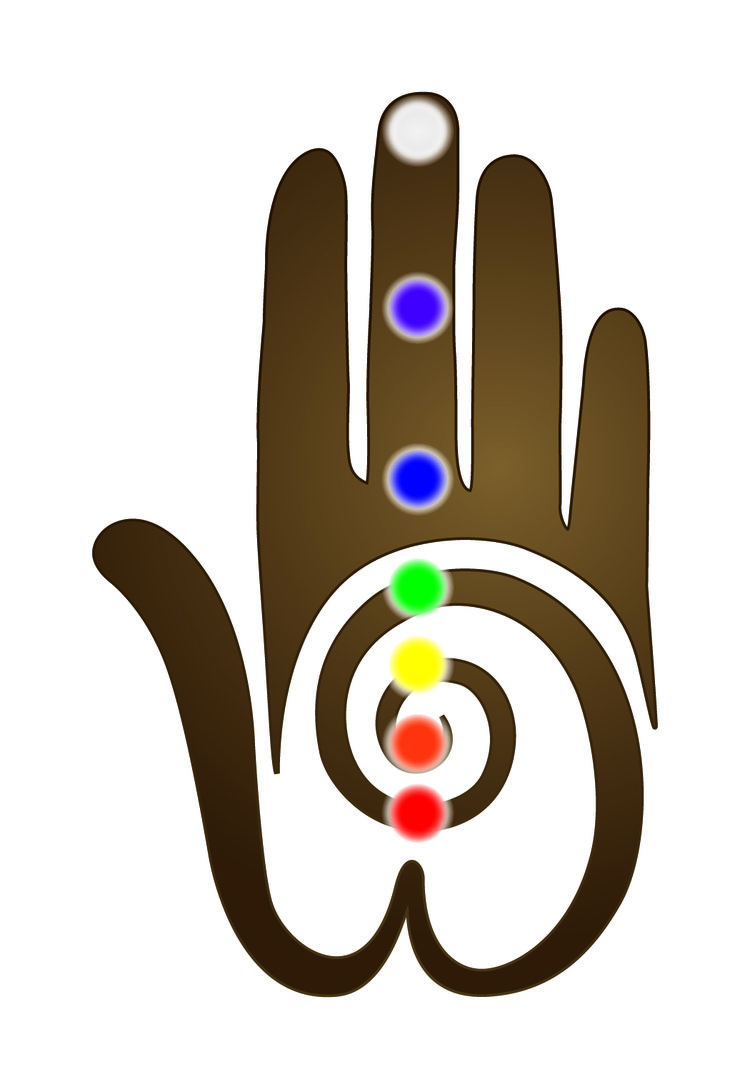Essential oils, God's original medicine
Essential oils are to plants what blood and oxygen are to humans. The scientific name is "oleo-gum-resins." Comprised of tiny molecules, essential oils travel easily through plant tissue and into the cells. They deliver nutrition information and carry waste products out. Just as hormones regulate growth in the human body, essential oils regulate growth in plant organisms. Like enzymes that boost the human immune system and combat germs and disease, essential oils are the basis for a plant's immune system. Scientists at Tufts University developed a scale for the US Department of Agriculture called the ORAC (Oxygen Radical Absorption Capacity) score. The ORAC score tells us the ability of a particular food or oil to destroy free radicals. The higher the ORAC score, the greater the ability to retard aging and prevent cancer and other diseases. Interestingly, ORAC scores for essential oils are often much higher than those for super foods.
Essential oils were used in healing practices by ancient Egyptians and Chinese for thousands of years before Christ. The Ebers Papyrus dates back to 1500 B.C. and mentions 876 medicines, mostly botanical. In 430 B.C. during the Peloponnesian War, Sparta attacked Athens leaving the city rife with famine and plague. Hippocrates, known today as the father of medicine, fumigated the city with aromatic oils to kill germs and stop the spread of the plague.
The Free Dictionary by Farlex defines anoint as follows: to put oil on during a religious ceremony as a sign of sanctification or consecration. The act of anointing in the Bible signifies that the person or object was devoted or set apart to the worship or service of God. Anointing is mentioned 156 times in the Bible and, depending on who you ask, oils are mentioned over 1,000 times.
Used properly, healing oils are non-toxic, harmless to human tissue and promote healing, unlike synthetic and chemical medicines. One healing aspect of essential oils is their ability to penetrate the Blood-Brain-Barrier. This makes an argument for the efficacy of aromatherapy. In aromatherapy, essential oils enter through the olfactory system, cross the Blood-Brain-Barrier and work with the Central Nervous System to promote healing. They communicate with a part of the brain that cannot be communicated to with spoken or written language. It only comprehends and responds to smell.
In Healing Oils of the Bible, author David Stewart, Ph.D. writes this about oils: "Because they are direct creations of God's word (Genesis 1:11-12), when properly applied in a prayerful way, they possess the divine intelligence to know how to do what is beneficial and to avoid doing that which may bring harm."
The list of essential oils below represents part of Dr. Stewart's Principal Oils of Ancient Scripture. For a complete list and to to learn more about this subject, click here to purchase a copy of Healing Oils of the Bible. Click the names of the oils to view their healing properties.
- aloes/sandalwood (santalum album) - included in Jesus' burial oils
- cassia (cinnamomum cassia) - in God's holy anointing oil
- cedarwood (cedrus atlantica) - included in cleansing ritual for leprosy; King Solomon built his temple and palace out of the Cedars of Lebanon
- cypress (cupressus sempervirens)
- frankincense (olibanum; boswellia carteri) - considered a cure all in ancient Egypt
- galbanum (ferula gummosa)
- hyssop (hyssopus officinalis) - branch used to spread blood of the lamb on door posts on first Passover
- myrrh (commiphora myrrha) - used in the holy anointing oil and the holy incense; the first oil mentioned in the Bible.
- myrtle (myrtus communis)
- onycha (oh-NIGH-kah) (styrax benzoin) - an ingredient in holy incense
- Rose of Sharon (labdanum -- cistus ladanifer) - ancient shephers noticed gum of rock rose in fur of sheep and goats and rubbed it into their wounds for healing
- spikenard (nardostachys jatamansi) - one of the last oils Jesus received before his arrest
